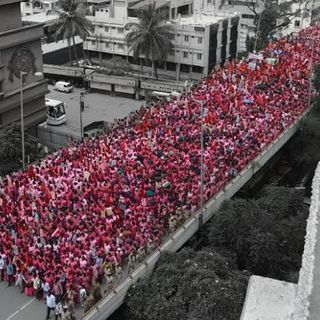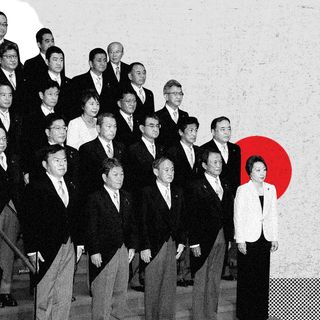Last week, Bombay High Court (HC) issued an order releasing three sex workers who were being detained at a shelter home, stating that they have the right to choose their own profession, even it is sex work.
In September 2019, three sex workers were “rescued” by the local police from Malad, Mumbai. And, until Bombay HC’s judgment last week, they weren’t allowed to go back home to their parents in Uttar Pradesh, and were detained in a shelter home, so that they could be counselled “to restrain from prostitution,” and earn their livelihoods “in a dignified manner.” Living there for nearly one year, against their wishes, the sex workers approached the Bombay HC seeking to be released.
Justice Prithviraj K. Chavan of the Bombay HC stated in his judgment releasing the sex workers that adult women have the right to choose their profession. The HC also clarified that the purpose of the Immoral Traffic (Prevention) Act, 1956, which was invoked to detain the women, is neither to “abolish the prostitution, [nor] the prostitute.”
Related on The Swaddle:
All The Arguments You Need: to Convince People Sex Work Should Be Decriminalized
“There is no provision under the law which makes prostitution per se a criminal offence, or punishes a person because he indulges in prostitution,” the HC stated. What is punishable under the Indian law is exploitation, or abuse, of a person for commercial purposes, and soliciting in public places — and, in this case, there’s no evidence suggesting that the sex workers were soliciting, seducing people, or running a brothel.
The sex workers were previously denied permission to go back home because they belonged to the Bediya community — and the lower court believed that within the community, “a girl, after attaining puberty, is sent for prostitution,” and so, the parents wouldn’t mind their daughters choosing to continue sex work. This led the HC to comment that that, in this case, being in their early 20s, the women were “major enough to take their own decision in respect of their lives,” and the Magistrate was “swayed away while passing the impugned order by the fact that the petitioners belong to a particular caste.” In fact, research does suggest that given the social stigma around sex work, people belonging to the Bediya community face ostracization in society.
Ordering their immediate release from the “corrective institution,” the HC emphasized that they “cannot be subjected to unnecessary detention contrary to their wish.” The sex workers are adults, and hence, “have a right to reside at the place of their choice, to move freely throughout the territory of India, and to choose their own vocation,” and these are part of the fundamental rights guaranteed under the Constitution of India, the HC concluded.




